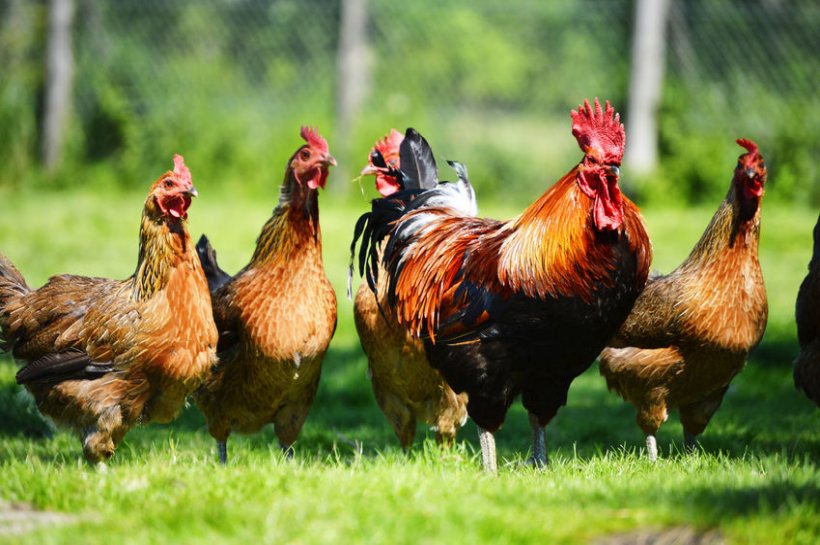
The Avian Influenza Prevention Zone (AIPZ) for poultry and captive birds, introduced to help stop the spread of bird flu, will be lifted tomorrow, Defra has confirmed.
The enhanced biosecurity measures were brought in across Britain in November 2021, when farms and other businesses faced a 'medium' risk.
The strict measures were seen as vital in protecting flocks across the country from the virus, which still continues to circulate in wild birds.
However, the risk of avian influenza has now reduced to 'low' for all poultry, and as a result, the AIPZ will be lifted from midday on Tuesday (16 August).
The UK has faced its largest ever outbreak of the disease, with over 130 cases confirmed across the country since late October 2021.
The most recent case was confirmed on 10 August in poultry at a premises near Tiverton, Devon.
Whilst the risk in kept birds has reduced, Defra said bird keepers must still follow enhanced measures at all times to prevent the risk of future outbreaks.
The department added that 'scrupulous biosecurity' was the most effective method of disease control available.
UK Chief Veterinary Officer, Christine Middlemiss said: "Now we are in the summer months and experiencing higher temperatures, the risk to poultry has now been reduced across Great Britain and so the time is right to lift the AIPZ.
"This would not have been possible without the hard work of all bird keepers, who have upheld high biosecurity standards for many months.
"However, there are still localised areas of risk as we have seen recently, and therefore it’s vital that everyone keeps biosecurity at the forefront of their minds to keep their flocks safe."
All poultry gatherings, including at fairs, shows and markets, remain banned, due to a large number of flocks mixing together and the risk posed by any infections spreading across the country.
What is the new advice?
Defra said all bird keepers must keep a close watch on poultry and other captive birds for signs of disease and maintain good biosecurity at all times.
It said all bird keepers should remain vigilant and help prevent avian influenza by:
• Cleansing and disinfecting clothing, footwear, equipment and vehicles before and after contact with poultry and captive birds – if practical, use disposable protective clothing
• Reducing the movement of people, vehicles or equipment to and from areas where poultry and captive birds are kept, to minimise contamination from manure, slurry and other products, and use effective vermin control
• Thoroughly cleansing and disinfecting housing on a continuous basis
• Keep fresh disinfectant at the right concentration at all farm and poultry housing entry and exit points
• Minimise direct and indirect contact between poultry and captive birds and wild birds, including making sure all feed and water is not accessible to wild birds
